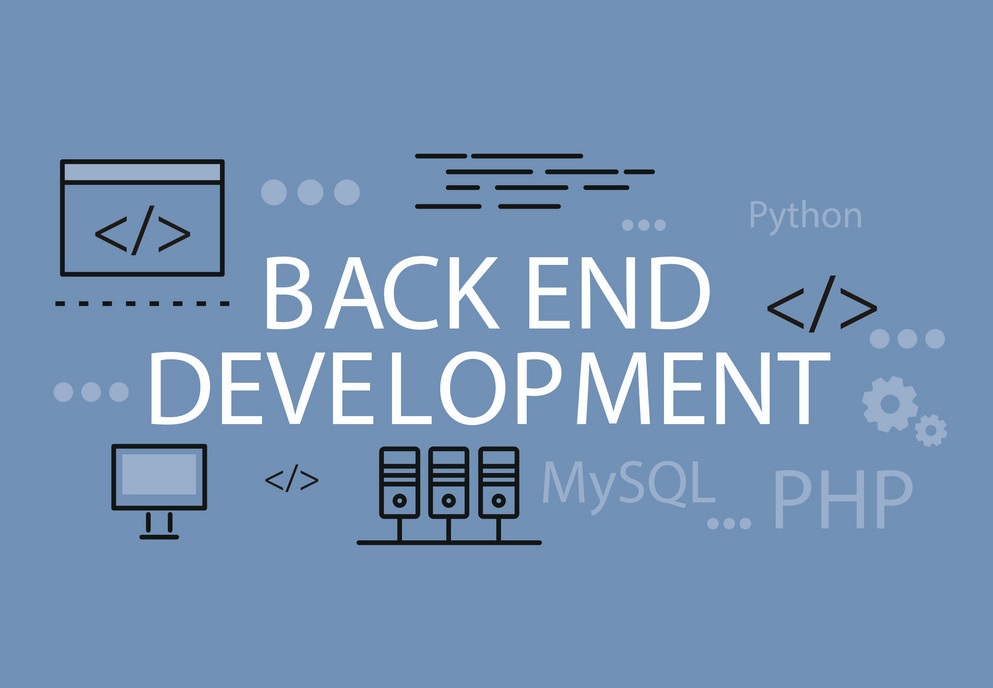Backend Developer Training


Our comprehensive Backend Developer Training Program makes you proficient in skills to work with back-end technologies. This course is designed to help you master the most in-demand and critical skills for becoming a FullStack developer. Especially if you're going for a job interview or have a Project that needs your best performance.
With a balanced mix of theoretical concepts and hands-on exercises, comibined with a capstone project that is as close to the real things as it gets, we promise to equip you with the necessary skills that will enable you to perform as a full stack developer.This ia an intensive 16 Week intensive program followed by an opportunity for a 10 – week co-op program.
You get access to the Learning Management System (LMS) throughout the day and after hours – 24/7. Apart from the class recordings all installation guides, class presentations, sample codes, project documents are available in the LMS.
Collaborative learning not only enhances the learning process, but also allows you to develop your interpersonal and communication skills.
Two 2 hour sessions per week.
1 Weekday Session and 1 Weekend Session
We recognise that people from all backgrounds want to improve on their skills so we try to help wherever possible. All Our training courses are available to be purchased on a flexible payment plan.
We guide you through the entire process and help you reach your professional goals. We help you with your resume preparation, interview preparation and mock interviews
** Optional Co-Op opportunity and consulting opportunity with Svatva
Recorded HD quality sessions, giving you the ability to watch as many times as you like.